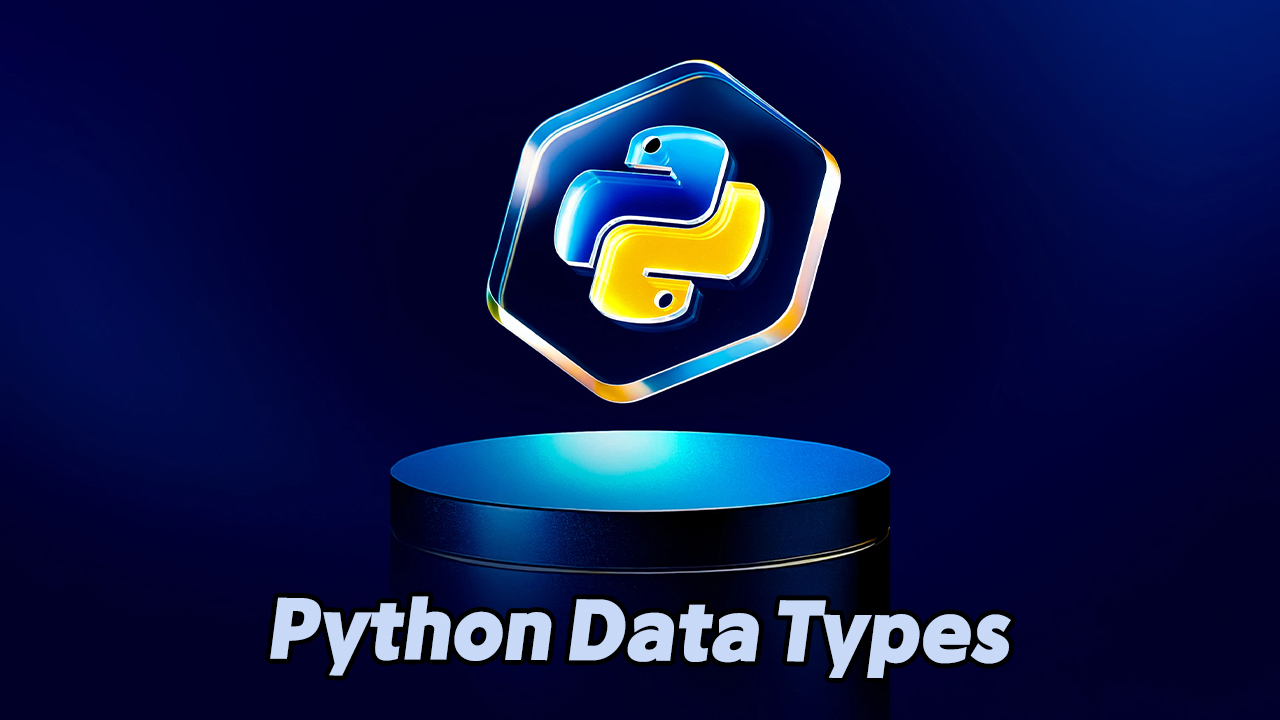Understanding Python’s Built-in Data Types
In the realm of programming, data types are fundamental. They define the nature of data that variables can hold, and influence what operations can be performed on that data. Python, as a dynamically typed language, comes with a rich set of built-in data types, each categorized based on its use case.
Categories of Python Built-in Data Types
Python’s built-in data types are systematically grouped as follows:
- Text Type:
str - Numeric Types:
int,float,complex - Sequence Types:
list,tuple,range - Mapping Type:
dict - Set Types:
set,frozenset - Boolean Type:
bool - Binary Types:
bytes,bytearray,memoryview - None Type:
NoneType
How to Determine the Data Type
Python provides the type() function to identify the data type of any variable. Here’s a simple example:
x = 5
print(type(x))Implicit Data Type Assignment
In Python, the data type is inferred at runtime when a value is assigned to a variable:
| Code Example | Inferred Data Type |
|---|---|
x = "Hello World" |
str |
x = 20 |
int |
x = 20.5 |
float |
x = 1j |
complex |
x = ["apple", "banana", "cherry"] |
list |
x = ("apple", "banana", "cherry") |
tuple |
x = range(6) |
range |
x = {"name" : "John", "age" : 36} |
dict |
x = {"apple", "banana", "cherry"} |
set |
x = frozenset({"apple", "banana", "cherry"}) |
frozenset |
x = True |
bool |
x = b"Hello" |
bytes |
x = bytearray(5) |
bytearray |
x = memoryview(bytes(5)) |
memoryview |
x = None |
NoneType |
Explicit Data Type Casting
In addition to automatic type inference, Python also allows explicit data type specification using constructor functions:
| Code Example | Specified Data Type |
|---|---|
x = str("Hello World") |
str |
x = int(20) |
int |
x = float(20.5) |
float |
x = complex(1j) |
complex |
x = list(("apple", "banana", "cherry")) |
list |
x = tuple(("apple", "banana", "cherry")) |
tuple |
x = range(6) |
range |
x = dict(name="John", age=36) |
dict |
x = set(("apple", "banana", "cherry")) |
set |
x = frozenset(("apple", "banana", "cherry")) |
frozenset |
x = bool(5) |
bool |
x = bytes(5) |
bytes |
x = bytearray(5) |
bytearray |
x = memoryview(bytes(5)) |
memoryview |
This article was crafted and optimized for readability and performance by Devyra, your source for comprehensive programming tutorials.


















